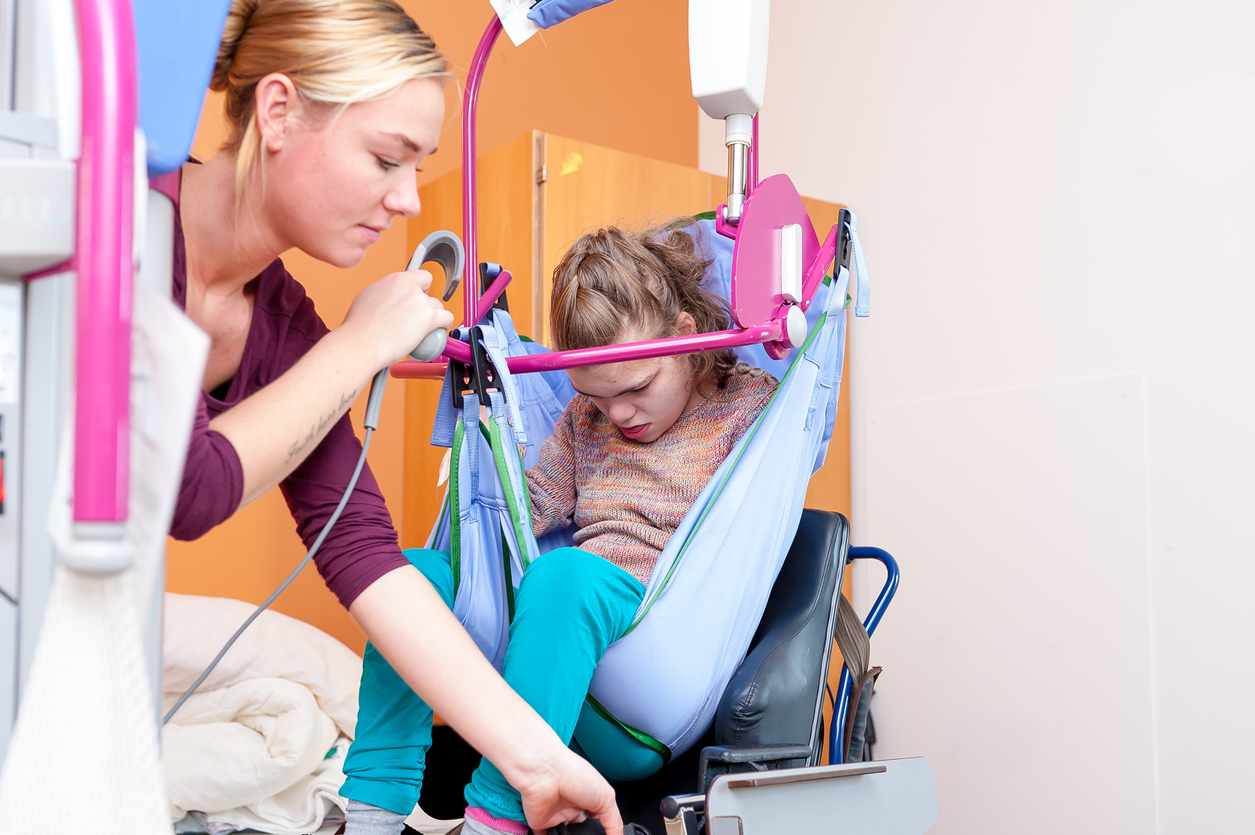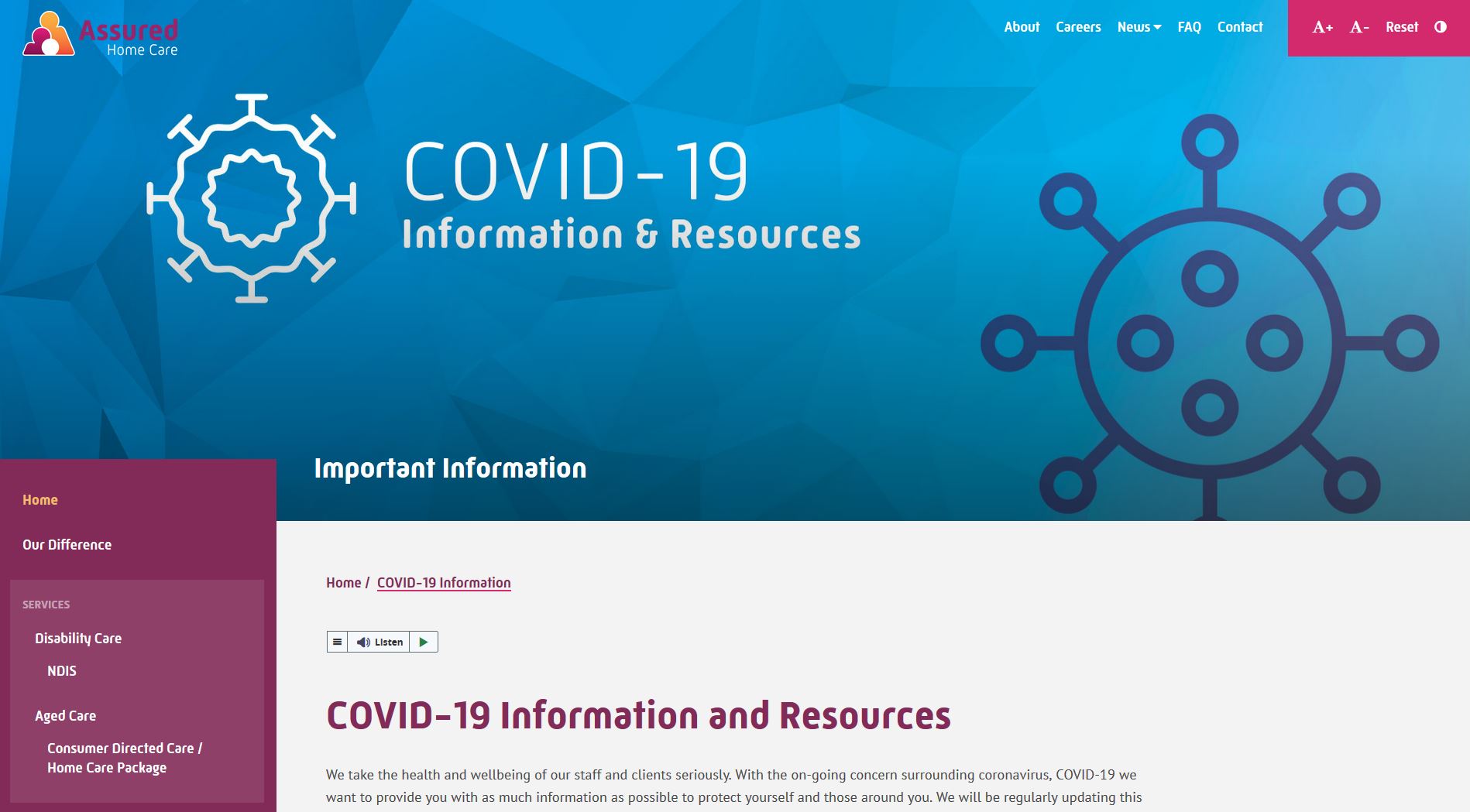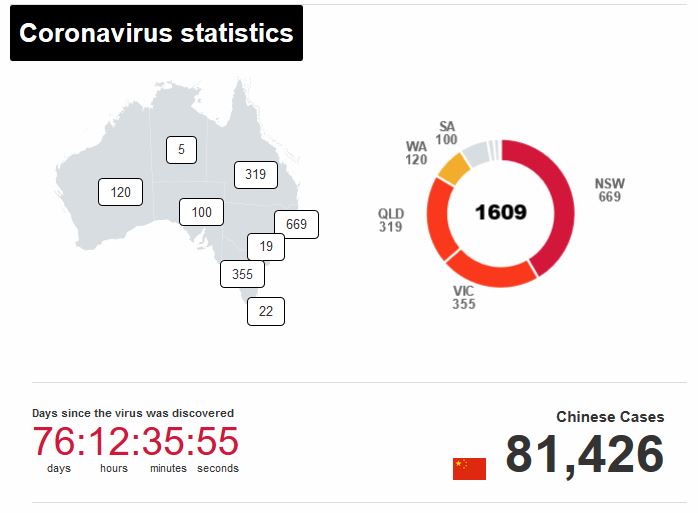22 March 2020
COVID-19 and managing a workforce that must come into close contact with clients.
Extraordinary times require extraordinary measures.
Employers face the task of assessing the shifting goalposts of government pandemic directives, assessing their own risk to workers, and communicating policy to their workforce to help minimise the possibility of catching COVID-19.
Measures include working from home (where possible) and revising work practices to ensure social distancing. These are all important first steps.
For some employers this won't be a problem for much longer - they won't have a workforce and they won't have a business.
The economic impacts are more deadly to businesses than the virus itself and all driven by one imperative - slowing the pace of inevitable transmission in an attempt to prevent overwhelming hospitals where ventilation is the best method of stopping death due to pneumonia induced respiratory failure.
However, Assured Home Care, an Adelaide based disability and aged care services provider, is facing a different challenge...

Operating as a registered NDIS provider in a heavily regulated industry, AHC has to carefully consider the needs of both its clients and the care team entrusted with looking after them.
Both clients and employees have anxieties that must be addressed.
The National Disability Insurance Scheme agency (NDIA) has issued guidelines and an action plan to ensure NDIS participants and their families continue to receive the essential disability supports they need.
Communication is the key and a primary tool for both advising revised work practices and addressing anxieties.
"Once it became obvious COVID-19 threatened to impact our capacity to deliver services we immediately set about developing our own action plan." said Brad Mumford, Executive Manager – Strategy, Innovation & Business Development from Assured Home Care.
"After the first 30 minutes of discussion with our management team, it became apparent that we needed to do two things; revise all operating procedures and communicate the changes quickly to our care team. We needed to walk through every operating procedure, review every client's needs and reassess how care could be continue to be delivered while minimising the chance of cross infection."
The risks were obviously two way; carers could infect clients and clients could infect carers. However, not providing care is also not an option.
"It was the classic conflict of competing objectives, we owe a duty of care to both our workforce and to our customers" said Brad Mumford.
Communication plan
Once we had worked through the care protocols and identified potential points of contact risk, written communications were needed to ensure revised procedures and new guidelines were documented. However, the old saying "a picture tells a thousand words" applied, but we went one better by using video.
The other important component was to utilise two-way communication.
Assured Home Care identified that the key to managing anxiety was to set-up a mechanism to monitor the thoughts and feelings of both clients and employees. The bare minimum was to encourage clients and staff to make contact should they have any concerns, however an online survey tool was also deployed to gather responses.
"We wanted to ensure we were receiving as well as transmitting" said Brad Mumford.
JWPM assisted AHC to produce a series of low cost videos that could be scripted, shot, edited and disseminated same day. Speed of communications is key.
General video explaining company policy and steps being taken to address the issue
Asking employees to communicate their concerns
Inviting clients to participate in an online survey
Communicating to staff changes in work procedures to reduce possible cross infection
Disseminating the information
Producing the videos then required distribution. The method used was simply to construct a Mailchimp campaign to both staff and clients and to post the videos on social media.
Assured Home Care have two Facebook pages - one a publicly accessible page and also a closed group for employees.
The ability to rapidly produce and distribute video content will be an important tool over the coming months to provide timely updates during this crisis.
Information webpage
In addition to regular video content to provide updates, Assured Home Care asked us to set-up an information page on their website...
<br.>

Visit Assured Home Care's COVID-19 information page
<br.>
As with all crisis management, addressing the problem early and communicating quickly is vital to managing the situation. Leaving people in an information vacuum only creates a bigger issue to address.
As Brad Mumford put it...
We absolutely must stay ahead of the game on this issue and ensure our front line staff have clear guidelines and real tools in their hands to deal with COVID-19. But whatever we do we must clearly communicate - no good keeping policies a secret. Communication is critical.
<br.>
At the time this article was posted (23 March 2020), this is the number of cases in Australia

Further reading
Assured Home Care - COVID-19 blog post - protect yourself and others
NDIS Content marketing case study
